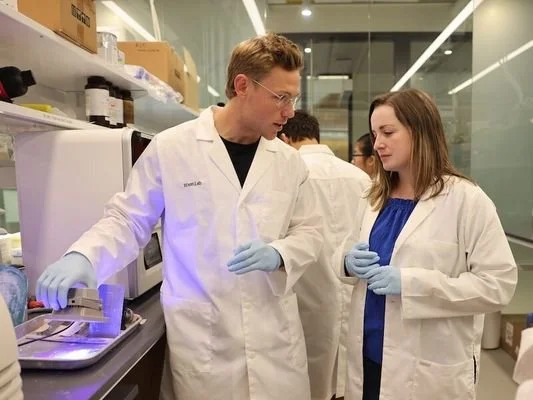Empowering
Dartmouth Founders, Creators, and Leaders.
Magnuson Center for Entrepreneurship
Get the latest by subscribing to our newsletter:
What drives us
We help members of the Dartmouth community transform their ideas into ventures through hands-on learning, mentorship, events, and resources.
Our mission is to foster creativity, resilience, and a collaborative spirit that shapes tomorrow's leaders.
PROGRAMS
Something for everyone
Discover how you can become an active part of our community!
connect
Events, groups, and communities
accelerate
Support and funding to drive change
startup
Professional support to grow your startup
create
Design, pitch, fabricate, code, and launch
LOCATIONS
Take part in our communities
We manage various spaces across campus, designed to meet your needs.
Never miss an opportunity.
Subscribe to our weekly newsletter, where we share upcoming activities and celebrate the successes of Dartmouth entrepreneurs.




















